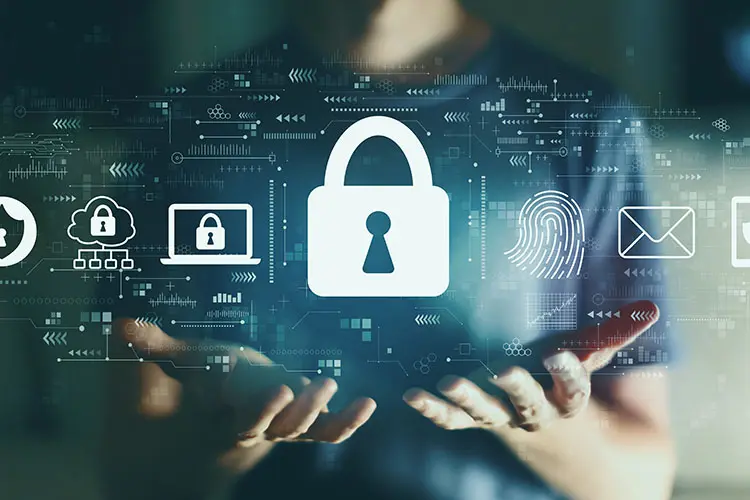
Understanding cyber safety and practising safe internet browsing is essential in today’s digital age. Here are key concepts and tips to help ensure a safer online experience:
Cyber Safety Basics:
- Use Strong Passwords:
- Create unique, strong passwords for each online account.
- Use a combination of letters, numbers, and symbols.
- Avoid using easily guessable information like birthdays or names.
- Update Software Regularly:
- Keep your operating system, antivirus software, and other applications up-to-date to patch security vulnerabilities.
- Be Wary of Phishing Attacks:
- Avoid clicking on suspicious links or downloading attachments from unknown sources.
- Verify the legitimacy of emails, especially those requesting personal information.
- Secure Personal Information:
- Limit the amount of personal information shared online.
- Be cautious about what you post on social media and adjust privacy settings.
- Use Secure Wi-Fi Connections:
- Secure your home Wi-Fi with a strong password.
- Avoid using public Wi-Fi for sensitive transactions unless you use a virtual private network (VPN).
- Install and Update Antivirus Software:
- Use reputable antivirus software and keep it updated to protect against malware.
Safe Internet Browsing Tips:
- Check Website Security:
- Look for “https://” in the URL, indicating a secure connection.
- Avoid entering personal information on non-secure websites.
- Understand Cookies and Browser Settings:
- Learn about cookies and adjust browser settings to control how they are used.
- Regularly clear browser history and cache.
- Use Ad-Blockers and Pop-Up Blockers:
- Install ad-blockers and pop-up blockers to reduce the risk of malicious ads.
- Educate Children about Online Safety:
- Teach children about safe internet practices, including not sharing personal information and being cautious about online interactions.
- Verify Website Authenticity:
- Double-check the legitimacy of websites, especially when making online purchases.
- Look for reviews and ratings before using unfamiliar websites.
- Regularly Back Up Data:
- Back up important files and data regularly to prevent data loss in case of cyber attacks.
- Use Two-Factor Authentication (2FA):
- Enable 2FA whenever possible to add an extra layer of security to your accounts.
- Stay Informed:
- Keep yourself informed about the latest cyber threats and security best practices.
- Follow reputable cybersecurity blogs and news sources.
Parental Controls:
 Set Up Parental Controls:
Set Up Parental Controls:
- Use parental control features on devices and internet browsers to restrict access to inappropriate content.
- Communicate with Children:
- Have open discussions with children about online safety and the potential risks.
- Please encourage them to report any uncomfortable online experiences.
By implementing these cyber safety practices and safe internet browsing tips, individuals can significantly reduce the risk of falling victim to cyber threats and ensure a more secure online experience. Ongoing education and awareness are crucial in adapting to the evolving landscape of cybersecurity.
At Athena Global School, we teach cyber safety to our students
Author Mrs.Bernice Susana, Secondary Coordinator, Athena Global School, Chennai


